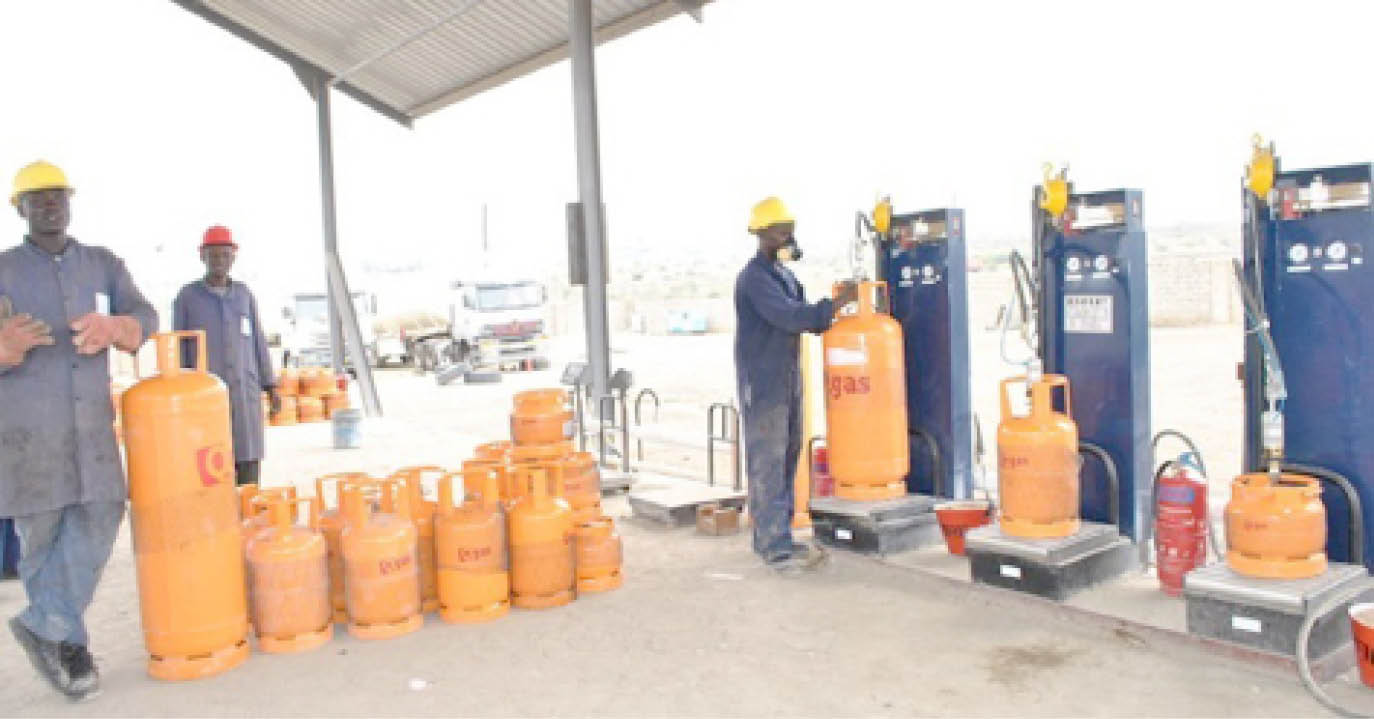In Nigeria, under-five mortalities declined by 20 per cent since 2013, yet one in 10 children do not reach their fifth birthday.
PRESS RELEASE
STAGGERING BACKSLIDING ACROSS WOMEN’S, CHILDREN’S AND ADOLESCENTS’ HEALTH REVEALED IN NEW UN ANALYSIS
COVID-19, conflict, climate crises exacerbate setbacks for childhood and adolescent prospects, women’s rights
Berlin, 18 October 2022 – A new UN report shows that women’s and children’s health has suffered globally, as the impacts of conflict, the COVID-19 pandemic and climate change converge with devastating effects on prospects for children, young people and women.
Data presented in the report show a critical regression across virtually every major measure of childhood wellbeing, and many key indicators of the Sustainable Development Goals (SDGs). Since the last Every Woman Every Child Progress Report published in 2020, food insecurity, hunger, child marriage, risks from intimate partner violence, and adolescent depression and anxiety have all increased.
An estimated 25 million children were un- or under-vaccinated in 2021 – 6 million more than in 2019 – increasing their risk of contracting deadly and debilitating diseases. Millions of children missed out on school during the pandemic, many for more than a year, while approximately 80% of children in 104 countries and territories experienced learning-loss because of school closures. Since the start of the global pandemic, 10.5 million children lost a parent or caregiver to COVID-19.
In Nigeria under five mortalities declined by 20% since 2013, yet 1 in 10 children do not reach their fifth birthday. A further check reveals that 18% of children 12-23 months old did not receive any vaccinations, showing a relative decrease of 55% from 5 years ago. While 1 out of 2 (2.5 in 5) births are attended by skilled birth attendant.
“At the core of our unkept promise is the failure to address the gaping inequities at the root of global crises, from the COVID-19 pandemic to conflicts and the climate emergency. The report describes the impacts of these crises on women, children and adolescents, from maternal mortality to education losses to severe malnutrition,” said Antonio Guterres, United Nations Secretary-General.
The report provides wide-ranging evidence that children and adolescents face wildly divergent chances of leading a healthy life simply based on where they are born, their exposure to conflict, and the economic circumstances of their families. For example:
- A child born in a low-income country has an average life expectancy at birth of around 63 years, compared to 80 in a high-income country. This devastating 17-year survival gap has changed little over recent years. In 2020, 5 million children died even before the age of 5, mostly from preventable or treatable causes. Meanwhile, most maternal, child, and adolescent deaths and stillbirths are concentrated in just two regions – sub-Saharan Africa and South Asia.
- More than 45 million children had acute malnutrition in 2020, a life-threatening condition which leaves them vulnerable to death, developmental delays and disease. Nearly three-quarters of these children live in lower-middle-income countries. A staggering 149 million children were stunted in 2020. Africa is the only region where the numbers of children affected by stunting increased over the past 20 years, from 54.4 million in 2000 to 61.4 million in 2020.



